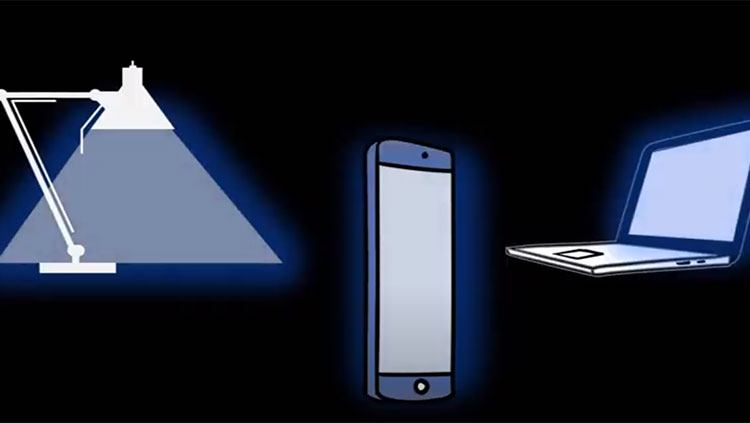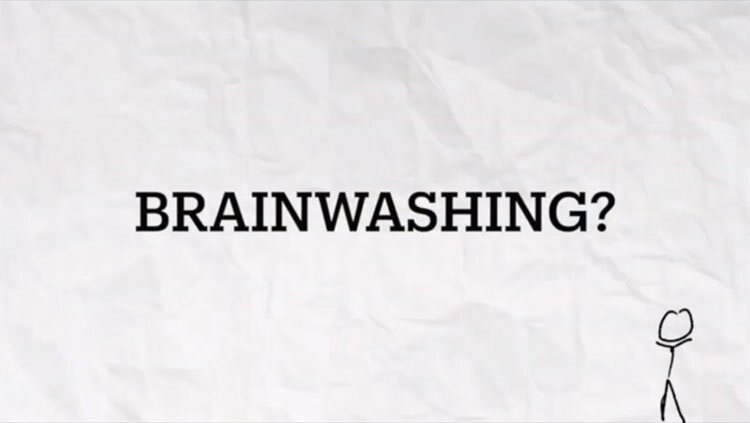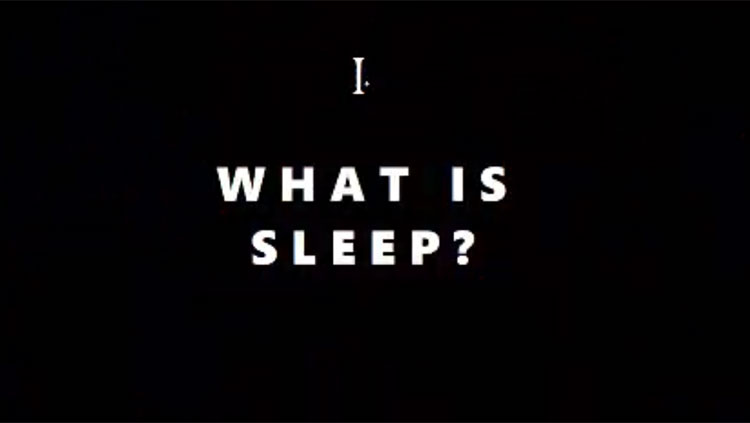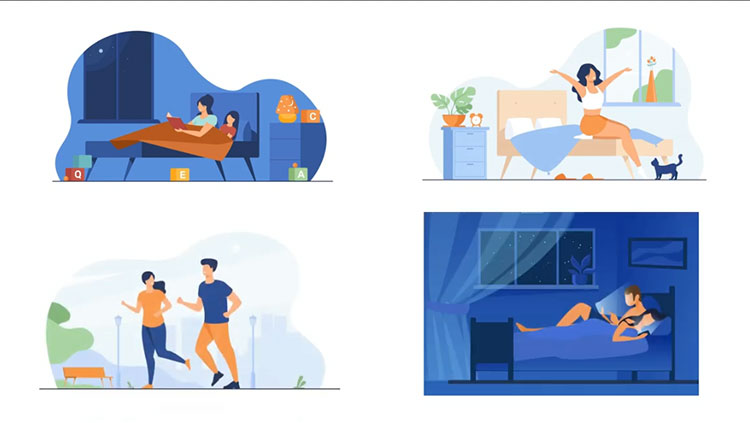Sleep Deprivation’s Effect on Your Brain
- Published14 Feb 2024
- Source BrainFacts/SfN
When you don’t get enough good quality sleep, you may feel a little dazed and confused. This is partly due to decreased signaling across your brain, diminishing functions like movement, mood, attention, and memory. Over multiple sleepless nights, sleep deprivation reduces your ability to form long-term memories and makes it harder for your brain to dispose of waste products.
Storyboard and animation produced by Midnight Snacks for BrainFacts.org.
Scripting by Chia-Yi Hou.
Editorial Production by Tristan Rivera and Juliet M. Beverly.
Scientific Review by David Elmenhorst.
CONTENT PROVIDED BY
BrainFacts/SfN
Transcript
You watched cat videos all night. Now, you can’t seem to shake the grogginess and struggle to complete [splash] basic tasks.
[Rustle] Your sluggishness mimics your brain’s performance after a night [zip] of no sleep. [Woosh] As you try to stay alert after little sleep, regions across [whirring] your cortex, or the outermost layer of your brain, are not as active [beeping] as normal.
Lower activity in your prefrontal cortex makes it harder to process moment-to-moment information [doorbell buzzes, phone rings] and react to your surroundings. What’s more, reduced signaling in the visual [zip] cortex and intraparietal [zip] sulcus challenges your ability to integrate visual information [zip up] and coordinate it [zip down] with your movements.
Diminished activation across the parietal cortex hinders [clink] your capacity [tick-tock] to keep track of temporary information [zip]. It also disrupts your ability to retrieve [swish] old memories and learn new [woosh] information. When all these areas slow down, it may be harder to complete tasks that require your attention and stay [banging] in a good mood.
[Crickets chirping] Sleep deprivation over longer periods of time can reduce your brain’s ability to form long-term memories and hinder your ability to dispose of waste products [bubbling] building up in your brain.
Even if you may not [beeping] feel tired or sleepy, it could take days [swishing] for your body to fully recover from lost sleep, which may be a good enough reason to stop scrolling and [crickets chirping] aim for a full, seven-to-eight-hour night’s rest.
[Light splash, swoosh, light splashing]
References
Alhola, P., & Polo-Kantola, P. (2007). Sleep deprivation: Impact on cognitive performance. Neuropsychiatric Disease and Treatment, 3(5), 553–567. http://www.ncbi.nlm.nih.gov/pmc/articles/pmc2656292/
Cabeza, R., Ciaramelli, E., Olson, I. R., & Moscovitch, M. (2008). The parietal cortex and episodic memory: an attentional account. Nature Reviews. Neuroscience, 9(8), 613–625. https://doi.org/10.1038/nrn2459
Chai, Y., Fang, Z., Yang, F. N., Xu, S., Deng, Y., Raine, A., Wang, J., Yu, M., Basner, M., Goel, N., Kim, J. J., Wolk, D. A., Detre, J. A., Dinges, D. F., & Rao, H. (2020). Two nights of recovery sleep restores hippocampal connectivity but not episodic memory after total sleep deprivation. Scientific Reports, 10(1), 8774. https://doi.org/10.1038/s41598-020-65086-x
Grefkes, C., & Fink, G. R. (2005). The functional organization of the intraparietal sulcus in humans and monkeys. Journal of Anatomy, 207(1), 3–17. https://doi.org/10.1111/j.1469-7580.2005.00426.x
Hathaway W. R., Newton B.W. (2023). Neuroanatomy, Prefrontal Cortex. In: StatPearls [Internet]. Treasure Island (FL): StatPearls Publishing. https://www.ncbi.nlm.nih.gov/books/NBK499919/
Krause, A. J., Simon, E. B., Mander, B. A., Greer, S. M., Saletin, J. M., Goldstein-Piekarski, A. N., & Walker, M. P. (2017). The sleep-deprived human brain. Nature Reviews. Neuroscience, 18(7), 404–418. https://doi.org/10.1038/nrn.2017.55
Verweij, I. M., Romeijn, N., Smit, D. J., Piantoni, G., Van Someren, E. J., & van der Werf, Y. D. (2014). Sleep deprivation leads to a loss of functional connectivity in frontal brain regions. BMC Neuroscience, 15, 88. https://doi.org/10.1186/1471-2202-15-88


















